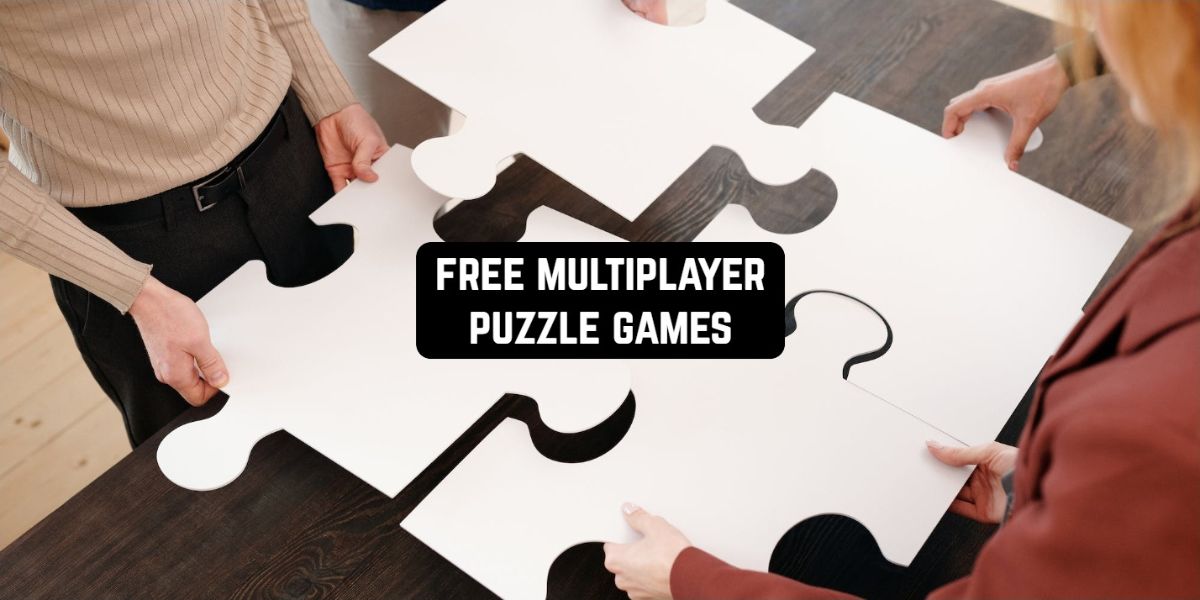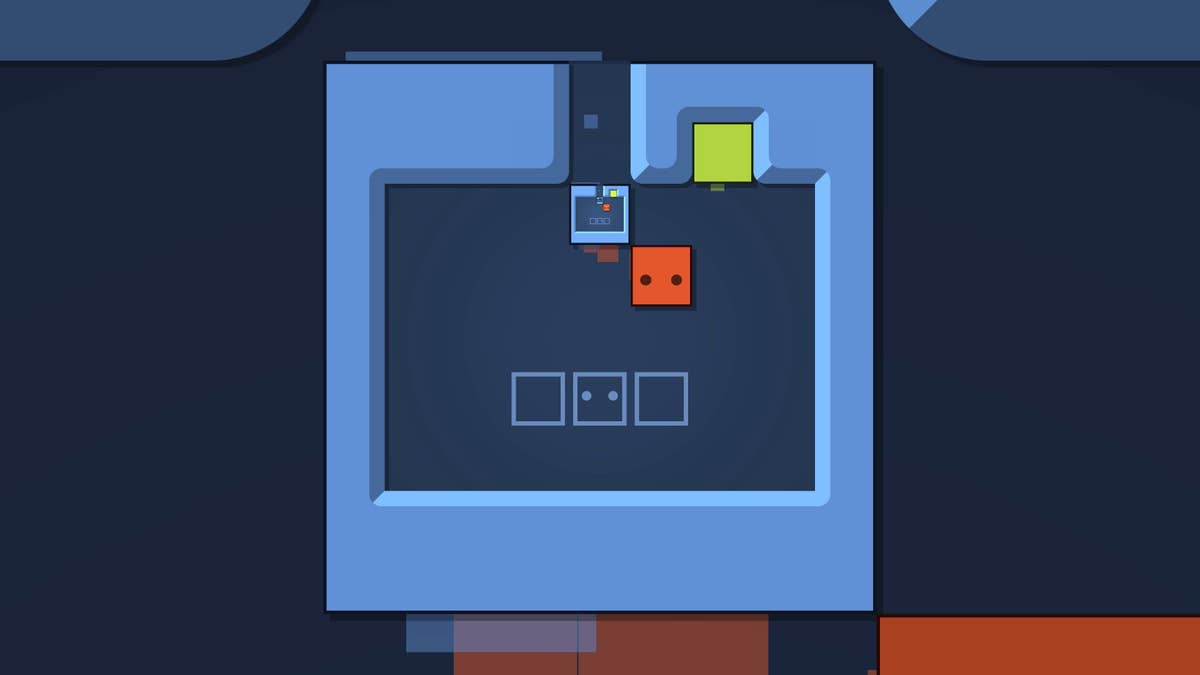Why Multiplayer Puzzle Games for Free Are Perfect for Team-Building Activities
Why Multiplayer Puzzle Games for Free Are Perfect for Team-Building Activities
Blog Article
Test Your Strategic Abilities in the Most Engaging Multiplayer Games
In the ever-evolving landscape of multiplayer gaming, strategic skills are the keystone of success, offering players a chance to showcase their tactical prowess throughout various genres. From the high-stakes intensity of real-time technique face-offs to the thorough planning needed in turn-based tactical battles, each video game offers a special difficulty that evaluates the restrictions of strategic thinking. As players take part in team-based competitors or participating experiences, the necessity of quick decision-making and collaboration comes to be apparent. What really establishes these video games apart, and exactly how do they press your tactical abilities past conventional limits? The responses wait for exploration.
Real-Time Method Showdowns
Real-time approach (RTS) showdowns have long been a cornerstone of involving multiplayer gaming, exciting gamers with their mix of tactical depth and busy decision-making. These games require players to handle resources, build armies, and develop intricate techniques in real-time, often versus similarly competent opponents. The continuous pressure to adjust and outmaneuver opponents in a dynamic setting is what establishes RTS video games apart, making them a preferred among affordable players.
Among the defining attributes of RTS face-offs is the focus on multitasking and source management. Gamers must allocate their focus throughout various tasks, such as gathering sources, constructing buildings, and releasing systems strategically throughout the combat zone. This requires quick reflexes and an acute capacity to prioritize activities, typically causing intense, adrenaline-fueled matches.
Significant RTS games such as "StarCraft II," "Age of Empires," and "Command & Conquer" have left enduring marks on the style, using varied gameplay auto mechanics and highly detailed worlds. Multiplayer puzzle games for free. These titles have cultivated specialized areas and competitive scenes, where players sharpen their abilities, research study strategies, and take part in high-stakes tournaments. The attraction of RTS showdowns hinges on their capability to test gamers' tactical acumen and reflexive expertise in equivalent measure
Turn-Based Tactical Battles
Turn-based tactical fights astound gamers with their systematic approach to method, contrasting the mad rate of real-time interactions. These video games supply gamers the chance to deliberate over each move, cultivating a chess-like atmosphere where insight and careful preparation are paramount. Players have to expect their opponents' actions, adapt to evolving scenarios, and carry out well-thought-out techniques to protect triumph. This category emphasizes the worth of tactical depth, compensating those who can assume several steps ahead.
In multiplayer setups, turn-based tactical battles become arenas for intellectual battles. Competitors participate in intricate mind video games, forecasting and countering each various other's strategies with accuracy. Popular video games like "XCOM 2" and "People VI" exhibit this gameplay, motivating gamers to consider every possible variable prior to committing to a training course of action. The asynchronous nature enables thoughtful decision-making, making each encounter an examination of wits and patience.
In addition, turn-based tactical battles often integrate varied units and abilities, adding layers of complexity to each match. Players should balance offending maneuvers with defensive techniques, manage sources deliberately, and take full advantage of the possibility of their pressures. This style's long-lasting allure hinges on its capacity to test gamers' strategic acumen in a managed, purposeful setting.
Cooperative Technique Experiences
These games call for players to function together in the direction of typical objectives, leveraging each gamer's one-of-a-kind skills and strengths to overcome obstacles. Titles such as "Overcooked" and "Deep Rock Galactic" exemplify this genre, stressing the requirement for gamers to integrate their methods and activities.

The allure of participating technique experiences lies in their capacity to enhance social abilities while providing a appealing and difficult gameplay experience. These games grow a sense of unity and shared objective, using players a gratifying alternative to traditional affordable pc gaming landscapes.
Affordable Team-Based Challenges
Affordable team-based obstacles present a dynamic sector where players pit their abilities versus opposing teams, emphasizing both private talent and seamless group control. These games require individuals to balance individual prowess with tactical cooperation, cultivating a special setting where team effort is vital. Success in such settings typically hinges on the capacity to interact successfully, carry out well-planned techniques, and adapt quickly to unfolding scenarios.
The compelling nature of these difficulties appears in the diverse series of games that provide team-based competitors. Titles like "Organization of Legends," "Overwatch," and "Counter-Strike: Global Offensive" go to the leading edge, each offering distinctive gameplay technicians that demand communication and tactical acumen. In these sectors, the team's performance is as crucial as the private payments of its participants, making every role significant to the general end result.
Furthermore, competitive team-based video games grow a sense of sociability and shared accomplishment. Gamers need to discover to trust fund and rely upon each other, building bonds that improve the video gaming experience. The stress of facing powerful opponents additionally magnifies the thrill, making sure that individuals are constantly challenged to raise their strategic thinking and gameplay execution.
copyright Challenge Conflicts
While affordable team-based difficulties stress cooperation and strategy, mind-bending puzzle battles use a different type of intellectual engagement, concentrating on specific analytic and cognitive expertise. These video games test the limits of analytical thinking and imagination, needing gamers to browse intricate circumstances and solve complex problems. Unlike team-based video games, the emphasis right here is on individual achievement and imagination, usually under the stress of time restrictions or intensifying problem levels.
Gamers need to work out spatial reasoning, rational reduction, and pattern acknowledgment. Titles such as "The Witness" and "Portal 2" offer as essential examples, testing gamers with multidimensional challenges that require deep concentration and innovative techniques.
Additionally, multiplayer puzzle games introduce an one-upmanship by permitting gamers to match their problem-solving abilities versus others. Games like "Keep Speaking and Nobody Explodes" require gamers to connect effectively to address puzzles cooperatively, mixing the adventure of competitors with the satisfaction of collective success. Eventually, these video games provide an improving experience, honing tactical reasoning in an uniquely appealing atmosphere.
Verdict
Finally, the diverse selection of multiplayer video games here offers a phenomenal platform for developing calculated abilities throughout numerous categories. Real-time method showdowns like "StarCraft II" demand fast decision-making and resource monitoring, while turn-based tactical battles emphasize methodical preparation. Cooperative technique experiences such as "Deep Rock Galactic" emphasize team effort and cooperation, whereas competitive team-based difficulties, consisting of "Organization of see here now Legends," need control and adaptability. These dynamic environments jointly cultivate the development of calculated thinking, boosting both cumulative and specific pc gaming experiences.
These video games need gamers to handle resources, develop militaries, and devise complicated approaches in real-time, typically versus just as competent challengers. These video games need gamers to work with each other in the direction of typical purposes, leveraging each gamer's special skills and strengths to conquer difficulties.In participating strategy games, players commonly presume functions with details obligations, demanding a deep understanding of their very own capabilities as well as those of their teammates. The vibrant nature of these games needs versatility, as gamers must readjust their techniques in real-time to suit developing situations.

Report this page